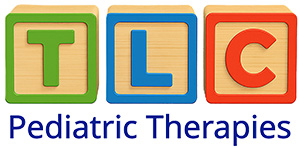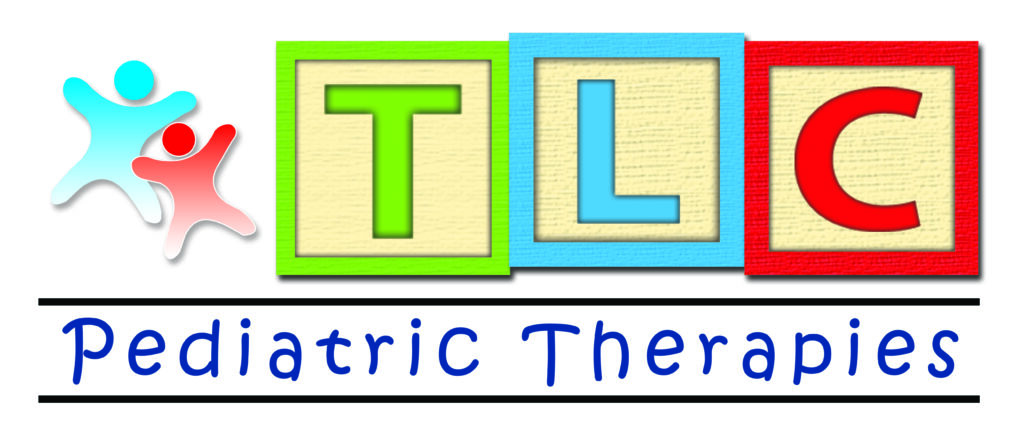Speech Language Pathology
Helping Children Find Their Voice
Our Pediatric Speech Language Pathologists have expertise in speech and language-based disorders commonly impacting children and the experience required to support conditions involving the ability to produce sound, and articulation and fluency disorders. They understand that language includes cognition and have the experience and training to support receptive (difficulties processing language), and expressive (difficulties putting words together or using socially appropriate words) language disorders by developing comprehensive plans of care.

Goals of Our Speech Language Pathology Program
We focus on speech pathology as well as the emotional and social elements of speech by working on the following:
- Promote development of oral-motor, language, and communication skills.
- Focus on developmental milestones for receptive and expressive language.
- Address concerns for children with neurological impairment, learning disabilities, developmentally delays, stuttering, verbal and oral apraxia, articulation and voice disorders, and hearing impairment.
- Recommend augmentative communication systems, sign language, and lip reading when appropriate
- Develop self-confidence and public speaking skills.
- Improve feeding and swallowing difficulties, which may include changing diet texture, exercising weakened muscles and learning new ways to swallow.
- Consider socialization and emotional development, sensory processing, as well as attention and cognitive abilities
- Support a self-advocacy, family education and training, and a comprehensive approach to healthcare and medical needs
Our Approach
- One-on-one therapy sessions tailored to your child’s abilities
- Parent coaching to support progress at home
- Play-based techniques to build confidence and motivation
- Ongoing assessments to track growth and adapt strategies
We Support Children With:
- Speech sound disorders (articulation and phonological delays)
- Expressive and receptive language disorders
- Mixed receptive-expressive language disorders
- Stuttering/fluency issues
- Apraxia of speech
- Autism spectrum disorder
- Social communication challenges
- Voice disorders
- Feeding and swallowing difficulties

This content was reviewed by the experienced speech language pathologists with TLC Pediatric Therapies.

